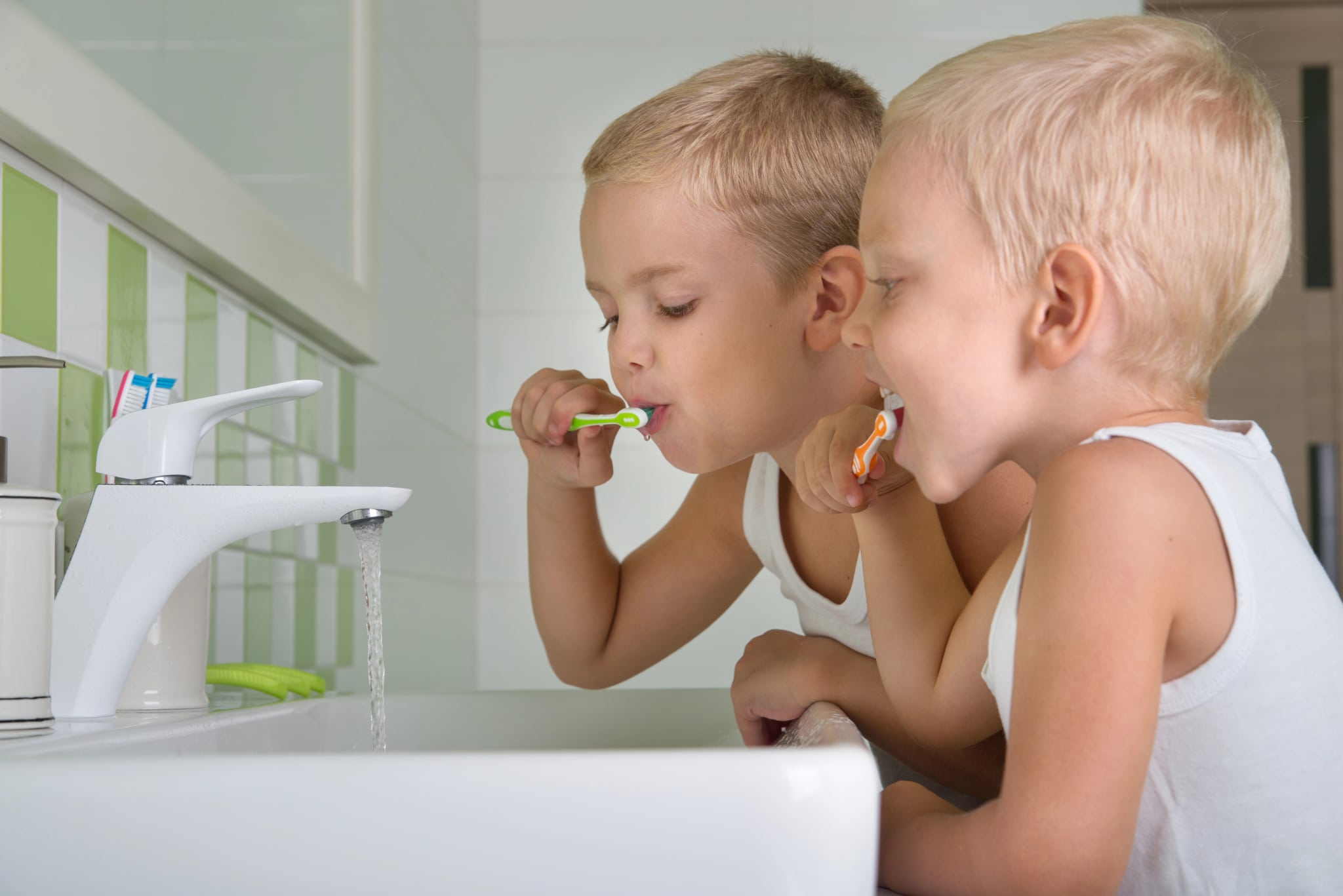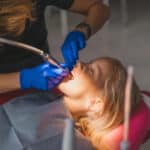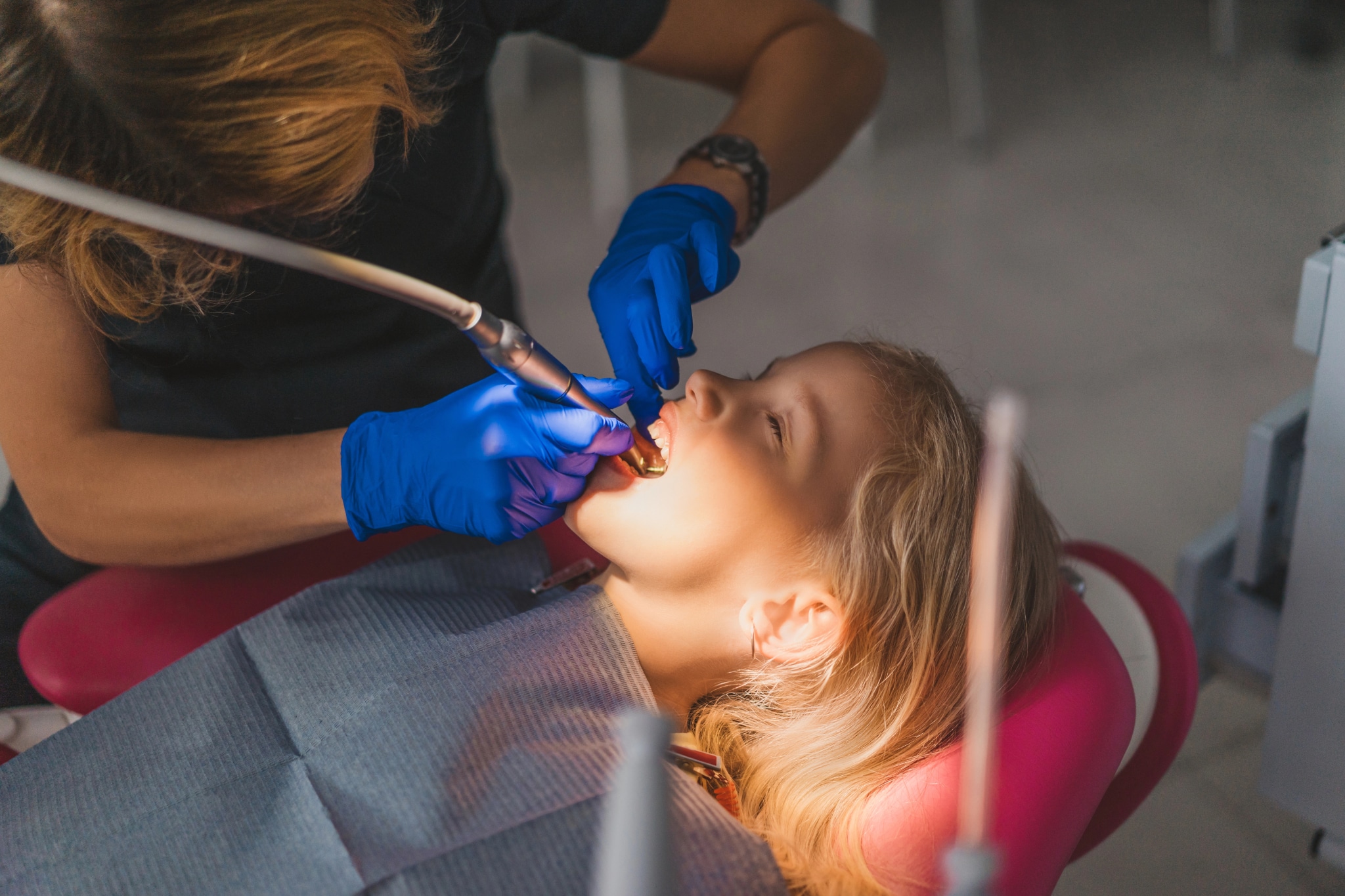Let's be honest. The picture-perfect Pinterest morning where your child brushes their teeth for two full minutes, gleefully singing the ABCs, isn't real life for most parents. Especially not when you're 14 minutes late, someone has mismatched socks, and your toddler is refusing to eat anything but crackers. Still, even in chaos, kids' oral care …
Let’s be honest. The picture-perfect Pinterest morning where your child brushes their teeth for two full minutes, gleefully singing the ABCs, isn’t real life for most parents. Especially not when you’re 14 minutes late, someone has mismatched socks, and your toddler is refusing to eat anything but crackers. Still, even in chaos, kids’ oral care matters. And there are ways to make it happen.
The Reality of Kids Oral Hygiene
Kids’ oral hygiene doesn’t live in a vacuum. It lives somewhere between spilled cereal and a meltdown over the wrong color toothbrush. It’s easy to feel like you’re failing, but the truth is that imperfect brushing is better than no brushing. Establishing any kind of routine is a win.
The key is adaptability. Kids’ oral health isn’t about perfection. It’s about consistency, creativity, and sometimes brushing in a parking lot with a travel toothbrush.
1. The Car Ride Brush
Late mornings are practically a parenting rite of passage. If brushing at home gets skipped, bring a small oral care kit in the car: a travel toothbrush, a smear of fluoride toothpaste in a silicone container, and water for rinsing (or spitting out the window if you’re parked). Yes, it’s unconventional. But if your child gets those teeth brushed before drop-off, it counts.
Pro tip: some kids think brushing in the car is hilarious. Lean into it. If it gets the job done, it’s a win for kids’ oral care.
2. When You’re on Vacation
Routines go out the window on vacation, but that doesn’t mean kids’ oral hygiene has to. Pack a dedicated oral care pouch just for your child. New toothbrush? Cool toothpaste flavor? Make it fun. Let them “own” their kit.
Stick to the rhythm of brushing after breakfast and before bed. Even if bedtime is later than usual, a quick brush is better than none. Kids thrive on routine, even when the scenery changes.
3. The Reluctant Toddler Tactic
Brushing a toddler’s teeth can feel like wrestling a small, determined raccoon. Some strategies that actually work:
- Let them brush first: Then say it’s your turn.
- Use a timer or song: Two minutes is forever in toddler time. Distraction helps.
- Mirror game: Brush together and let them mimic you.
- Role play: Let their stuffed animal “watch” or “get brushed” first.
Ultimately, your toddler doesn’t need a perfect brush, but they do need regular exposure. Familiarity makes future visits to the children’s dentist way easier.
4. Make the Dentist a Normal Part of Life
Kids oral health is not just about brushing—it’s also about having a good relationship with your children’s dentist. Normalize dental visits. Talk about them positively, and never use the dentist as a threat.
“If you don’t brush, the dentist will give you a shot!” is a surefire way to create long-term fear. Instead, say things like, “The dentist helps keep our teeth strong and healthy.”
Let your child bring a toy to appointments. Some offices even let kids watch cartoons in the chair. Pick a dentist who specializes in kids’ oral care and knows how to make it a fun, low-stress experience.
5. Accept Imperfection, Aim for Progress
Not every day will include textbook-perfect oral hygiene. That’s okay. One skipped brush won’t doom your child’s teeth. What matters is the overall trend toward consistency. If they brushed in the car three days this week, that’s three more brushes than none.
Kids’ oral hygiene is a long game. Habits form slowly. Some days will feel like a win. Others won’t. But each time you make brushing happen—no matter how or where—you’re building the foundation for lifelong oral health.
Real-life parenting is messy. But your child’s teeth don’t have to be. Whether it’s brushing on the go, handling a cranky toddler, or navigating vacation schedules, flexible routines and a sense of humor go a long way.
With the right mindset and some simple strategies, kids’ oral care can become just another part of the day—even if that day starts 20 minutes behind schedule.






